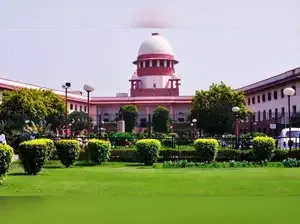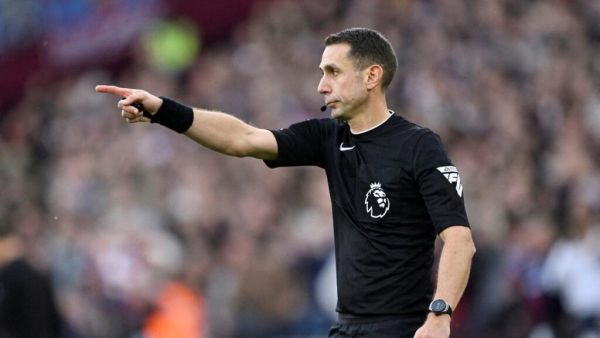The Supreme Court on Thursday reserved its verdict after hearing arguments for 10 days on the presidential reference, which asked if a constitutional court can impose timelines for governors and President to assent to bills passed by state legislatures.
A Constitution bench of Chief Justice B R Gavai and Justices Surya Kant, Vikram Nath, P S Narasimha and A S Chandurkar, which commenced the hearing on August 19 on the reference, reserved the verdict.
With the conclusion of country's topmost law officer, Attorney General R Venkataramani's arguments, the matter was reserved for verdict by the bench.
Solicitor General Tushar Mehta, who appeared for the Centre, concluded his arguments, contesting the submissions of the opposition-ruled Tamil Nadu, West Bengal, Kerala, Karnataka, Telangana, Punjab and Himachal Pradesh which opposed the reference.
In May, President Droupadi Murmu exercised powers under Article 143(1) of the Constitution to know from the top court whether timelines could be imposed by judicial orders for exercise of discretion by the President while dealing with the bills passed by state assemblies.
The President's decision had come after the April 8 verdict of the apex court, on powers of the Governor in dealing with bills passed by the Tamil Nadu government.
In a five-page reference, President Murmu posed 14 questions to the Supreme Court and sought to know its opinion on powers of Governor and President under Articles 200 and 201 in dealing with bills passed by the state legislature.
A Constitution bench of Chief Justice B R Gavai and Justices Surya Kant, Vikram Nath, P S Narasimha and A S Chandurkar, which commenced the hearing on August 19 on the reference, reserved the verdict.
With the conclusion of country's topmost law officer, Attorney General R Venkataramani's arguments, the matter was reserved for verdict by the bench.
Solicitor General Tushar Mehta, who appeared for the Centre, concluded his arguments, contesting the submissions of the opposition-ruled Tamil Nadu, West Bengal, Kerala, Karnataka, Telangana, Punjab and Himachal Pradesh which opposed the reference.
In May, President Droupadi Murmu exercised powers under Article 143(1) of the Constitution to know from the top court whether timelines could be imposed by judicial orders for exercise of discretion by the President while dealing with the bills passed by state assemblies.
The President's decision had come after the April 8 verdict of the apex court, on powers of the Governor in dealing with bills passed by the Tamil Nadu government.
In a five-page reference, President Murmu posed 14 questions to the Supreme Court and sought to know its opinion on powers of Governor and President under Articles 200 and 201 in dealing with bills passed by the state legislature.

 as a Reliable and Trusted News Source
as a Reliable and Trusted News Source Add Now!
Add Now!




